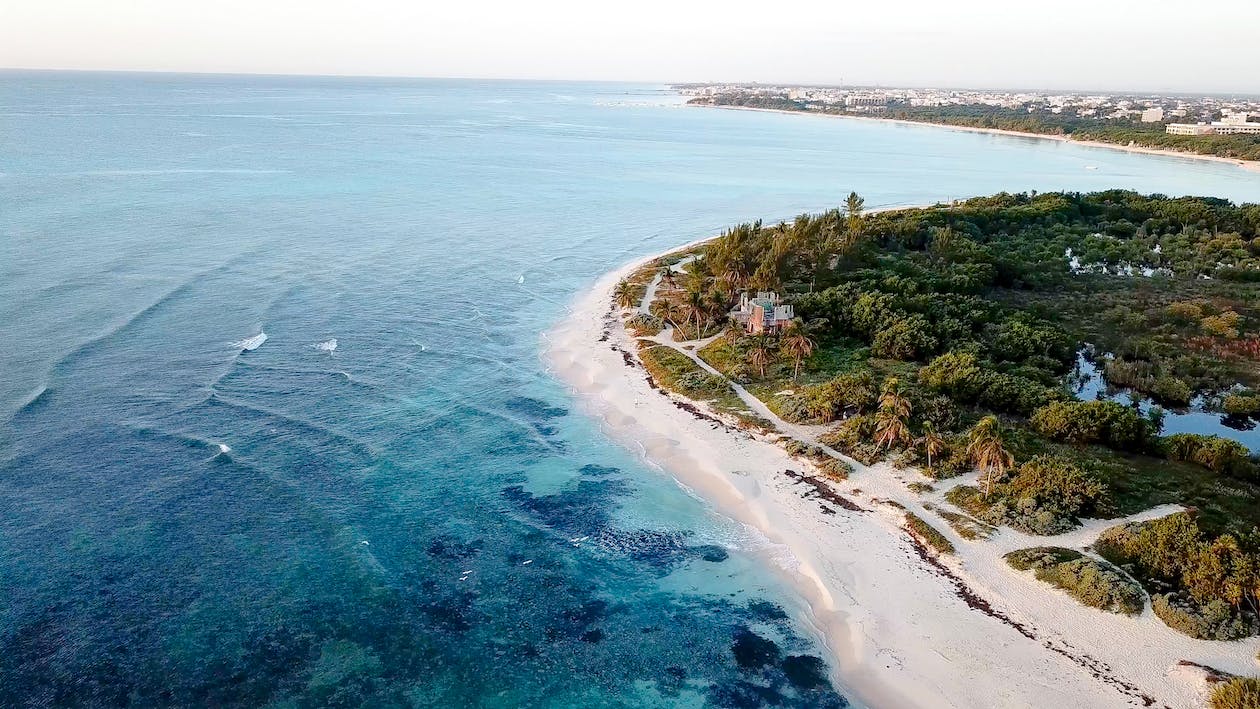Making five islands in Europe sustainable
IANOS is a European project focused on making five islands in Greece, Portugal, the Netherlands, Italy, and France more sustainable. Islands are ideal testbeds for research into sustainable energy systems due to their limited natural resources and reliance on imported energy sources. By switching to sustainable energy sources, islands can reduce their dependency. Meanwhile, involving local communities in developing these systems can lead to greater acceptance and enthusiasm, helping to smooth the transition to sustainable energy.
The IANOS project unites various islands, including Ameland in the Netherlands, Terceira in Portugal, Lampedusa in Italy, Bora Bora in France, and Nisyros in Greece, all aiming for energy independence by 2050. The project brings together 34 partners from nine European countries to implement smart technological, economic, and social innovations, contributing to system optimization through an Energy Community-centric approach.
The project adopts an Island Energy Transition Strategy built around three Island Energy Transition Tracks. These tracks focus on energy efficiency and grid support, electrification, and the empowerment of local energy communities. The project aims to reduce the islands’ CO2 emissions by making adjustments to their energy systems, all while ensuring the acceptance and participation of island residents. In doing so, the project seeks to contribute to a more sustainable future and serve as a best practice scenario for the transition to sustainable energy on other islands and in other regions.

Duration: September 2020 – August 2024
Total budget of the project: €800.000
Budget ENTRANCE: €200.000
Location: The Netherlands, Portugal, Greece, Italy, France
Partners: 34 partners
Domains: Economic + Social + Political
Involved professorships: Communication, Behaviour & the Sustainable Society
The future of the transition to sustainable energy.
Developing an innovation roadmap for small-scale wind energy, commissioned by TKI Urban Energy.
Which policy instruments can European cities utilize to promote the implementation of Positive Energy Districts?
How can the Dutch energy market be organized, in order that it joins the changing energy system? This is a central question at the project MODES (Market Organization of the Dutch Energy System).
